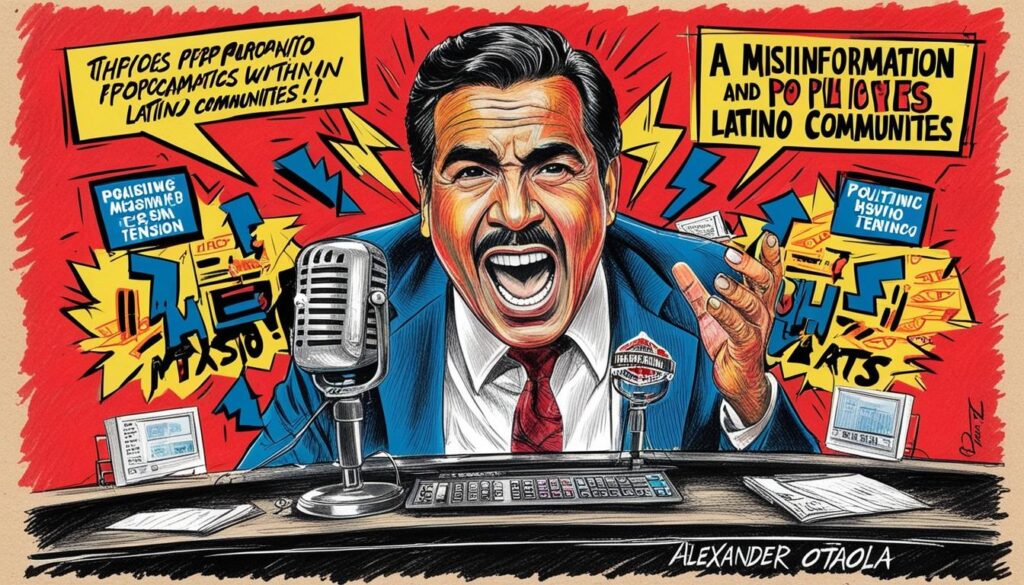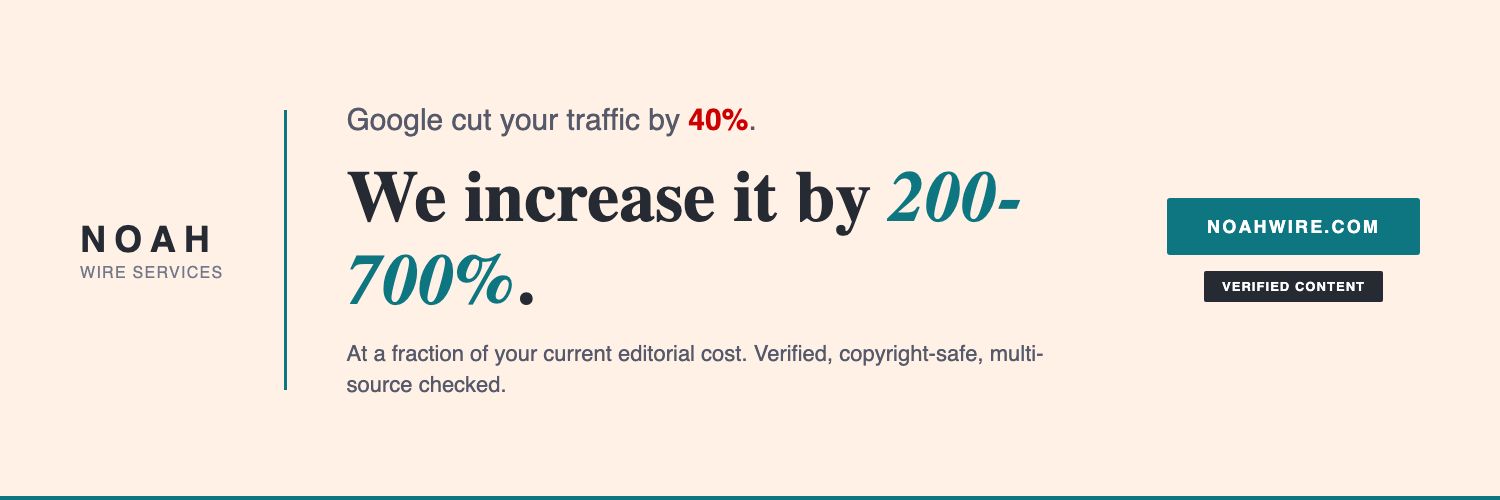In Miami’s multicultural setting, the Spanish-language media is shaping political perceptions among Latino communities, with figures like Alexander Otaola leading the charge in controversial narratives and right-wing ideologies.
In the thriving multicultural expanse of Miami, a new wave of media discourse is shaping political understanding among Latino communities. At the forefront of this phenomenon is Alexander Otaola, a Cuban-born figurehead in the Spanish-language media. Otaola’s reach extends beyond Miami, through his YouTube show, “Ota-Ola!,” which has been a beacon for right-wing ideologies, election denial, denouncing communism, and staunch support for former President Donald Trump.
Operating from his well-guarded farm studio south of Miami, Otaola, 45, garners attention with his controversial claims. Recently, he suggested that Vice President Kamala Harris would govern as a Marxist, recounted dubious claims of ballot tampering during the 2020 elections in Georgia, and warned of communist efforts to undermine his sponsors. His narrative paints a picture of impending authoritarian control which, he argues, can only be thwarted by Trump’s victory in the upcoming election.
Otaola represents a section of the Spanish-language media landscape in South Florida that remains largely unregulated and ripe with misinformation. This is particularly significant given that Latinos constitute the largest minority group in the United States, making up 19% of the population. Their increasing influence in political spheres, especially in pivotal states like Florida, Arizona, Nevada, Texas, Pennsylvania, and Georgia, is undeniable. As both major political parties intensify their efforts to engage Latino voters, the challenge of navigating misinformation becomes more pronounced.
Latinos often turn to platforms like YouTube and WhatsApp for news, where fact-checking is scarce. These platforms facilitate the spread of unchecked narratives that can resonate with their cultural histories more than the current political climate in the U.S. According to research by New York University’s Center for Social Media and Politics, Latinos are more likely to consume political news from these nontraditional sources than their non-Hispanic White counterparts.
A notable factor complicating the situation is the inherent mistrust in government that many Latin Americans possess, as highlighted by Donatella Ungredda from Miami. This scepticism, rooted in experiences with corrupt governments, poses a significant barrier for fact-checkers attempting to correct misinformation without being perceived as allied with a distrusted government entity.
The diverse Latino community in the U.S. shows variation in national origin, political beliefs, and media consumption habits. Dominated by Mexican-Americans at nearly 60%, the demographic also includes significant populations from Cuba, El Salvador, and the Dominican Republic. The community’s political landscape is dynamic; although traditionally leaning Democratic, recent years have seen a noticeable rise in Latino support for Republican candidates, further incentivizing both parties to court this crucial voter bloc.
Amid this complex media environment, new Spanish-language services have emerged with a noted right-wing slant. This includes moves by established outlets like Fox News and the Gateway Pundit to offer Spanish-language content. Contrarily, there’s a push for higher quality, culturally sensitive media aimed at providing balanced information. Stephanie Valencia, co-founder of Latino Media Network, underscores the need for such initiatives, having acquired several radio stations to enhance media offerings for Hispanics without imposing political bias.
The political arena in Miami, seen as a hub for Spanish-language media influence, shapes narratives that extend nationally. This was evidenced when University of Miami hosted Donald Trump in a town hall event where he was queried about controversial remarks, underscoring the tightrope every political figure must walk when engaging with Latino audiences.
Efforts are underway to combat misinformation, with initiatives like those from Brown University aiming to identify and address Latino-targeted disinformation campaigns. The prevalence of rumors and manipulated messages from both domestic and international actors highlights the ongoing challenges faced by communities susceptible to such influences.
The narratives spun in Miami reflect broader tensions and uncertainties within the Latino community, particularly concerning figures like Kamala Harris. Misleading portrayals of her as a socialist persist in some circles, despite contrasting evidence of Democratic policies being more conservative when supporting international allies.
Alexander Otaola, with his personal history of fleeing communist Cuba, continues to amplify these right-wing messages, contributing to the complex tapestry of Spanish-language media in America. His trajectory from Cuba to the U.S. at the age of 24, driven by societal rejection, highlights a personal story interwoven with broader geopolitical themes that appeal to his audience. The continued evolution of Latino media narratives will likely play a significant role in shaping future political landscapes in the U.S.
Source: Noah Wire Services








